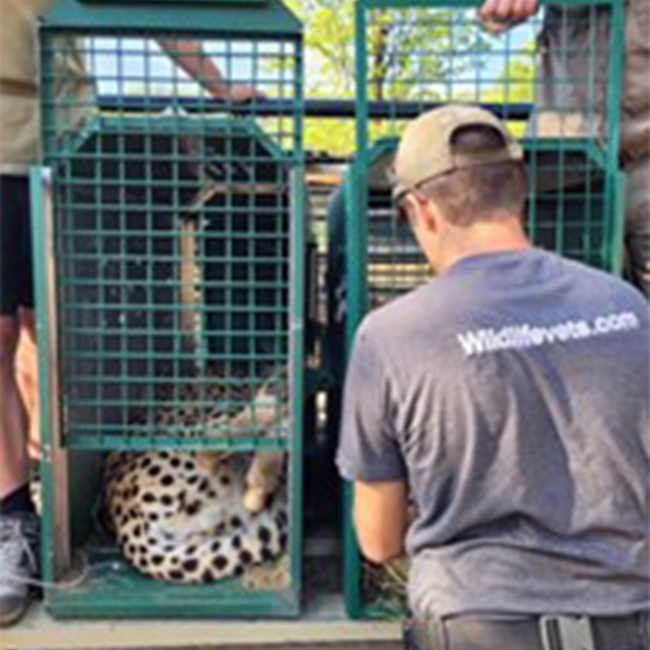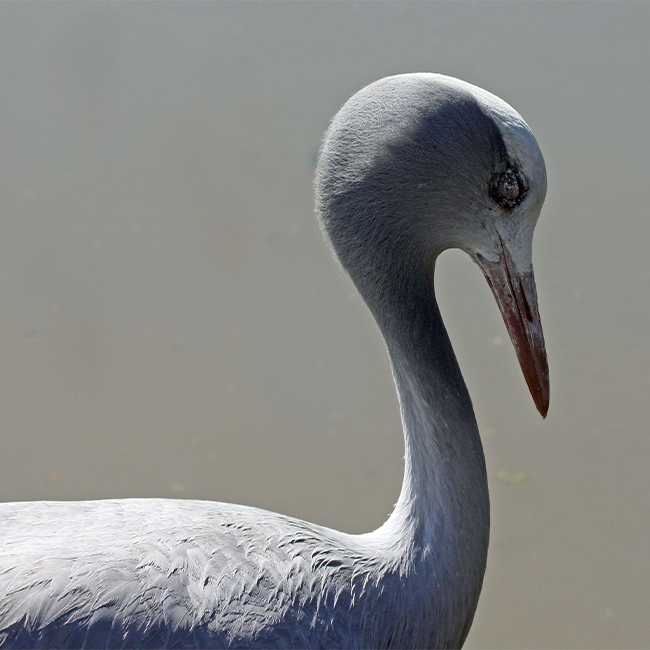
First Cheetah swop in the EWT-led Cheetah Range Expansion Project
The Cheetah Range Expansion Project has recorded a major success with the relocation of three male Cheetah from Malawi to South Africa.

The Cheetah Range Expansion Project has recorded a major success with the relocation of three male Cheetah from Malawi to South Africa.

World Wetlands Day, celebrated annually on 2 February, provides an opportunity to celebrate wetlands, which are critical for people, the environment, and biodiversity – including South Africa’s National Bird, the Blue Crane.

Conservation and restoration of South Africa’s Strategic Water Source Areas (SWSAs) will improve water security for the country, a report by the Endangered Wildlife Trust has shown.

The Endangered Wildlife Trust’s Threatened Amphibian Programme has received $25 000 from the Mohamed bin Zayed Species Conservation Fund to support a project to revive Durban’s Critically Endangered Dwarf Burrowing Skink at a key habitat site within the species restricted range.

In the heart of Glen Austin, Midrand, the EWT Conservation Campus is leading the charge against the invasive Pompom weed (Campuloclinium macrocephalum), aligning with our commitment to biodiversity preservation and ecosystem health.